Affective, Interactive and Cognitive Methods for E-Learning Design: Creating an Optimal Education Experience
In e-learning, the learner spends a significant amount of time online, interacting with Web-based applications. This interaction carries tremendous weight in the learning process, because it directly influences the way the learner receives, comprehends, and ultimately retains information. Affective, Interactive, and Cognitive Methods for E-Learning Design: Creating an Optimal Education Experience brides a current gap in e-learning literature through focus on the study and application of human computer interaction principles in the design of online education in order to offer students the optimal learning experience. This advanced publication gives insight into the most significant design issues encountered and offers solutions to help in the creation of an ideal learning environment.
{{comment.content}}
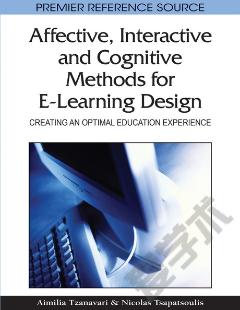
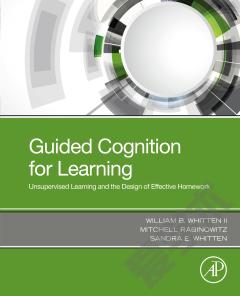
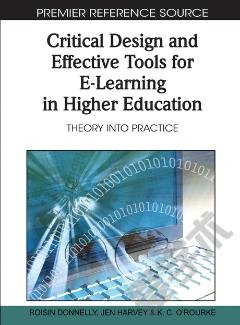

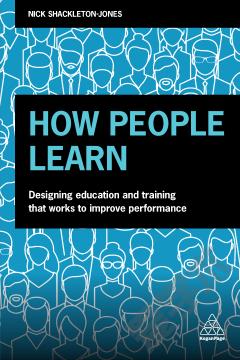
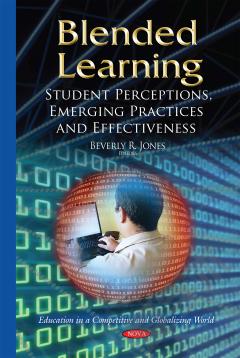
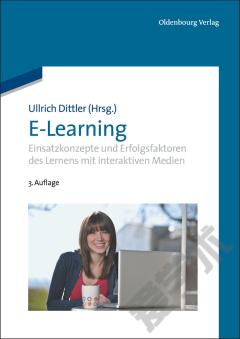

 京公网安备 11010802027623号
京公网安备 11010802027623号